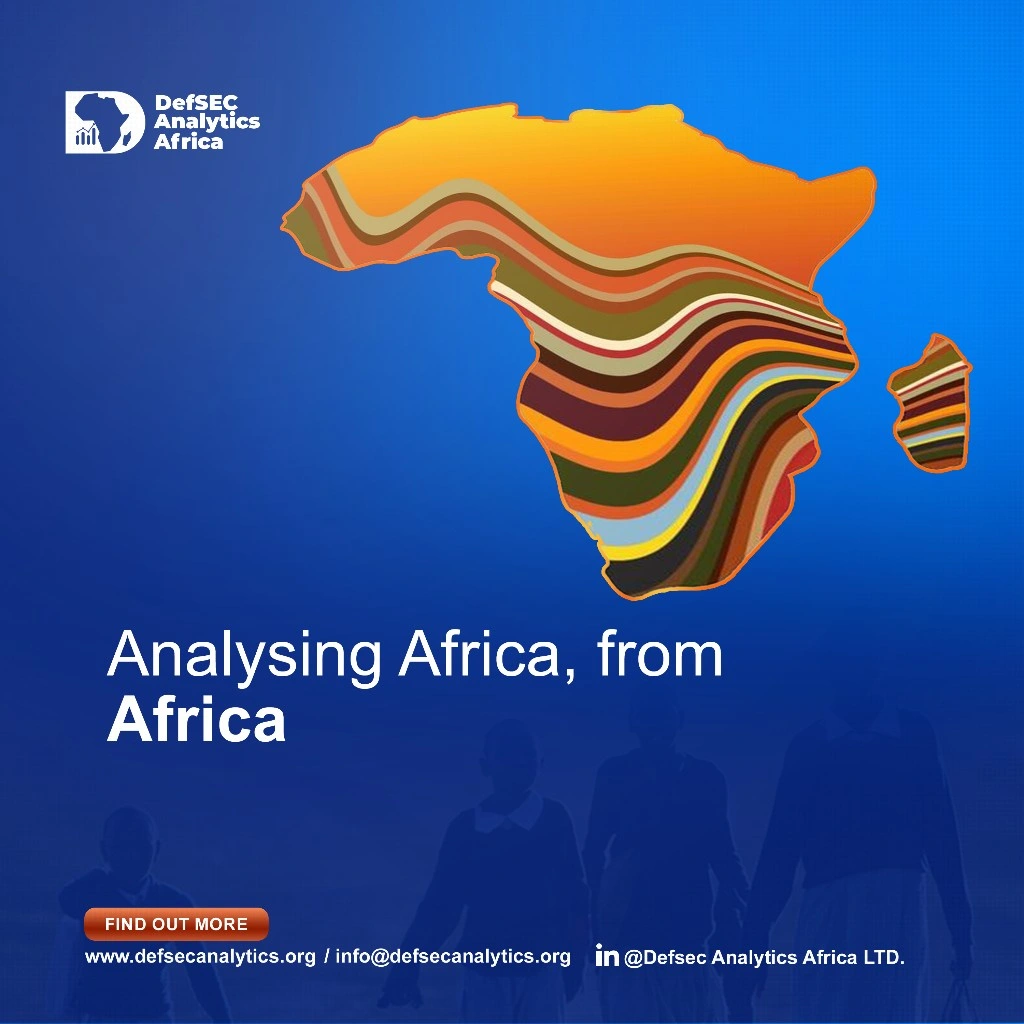Regional Analysis
Central Africa
Ahead of Cameroon’s October 2025 presidential election, a growing number of key allies of the ruling Cameroon People’s Democratic Movement (CPDM) are breaking ranks and announcing their candidacies. Vice Prime Minister Belo Bouba Maigari, leader of the National Union for Democracy and Progress (NUDP), and Minister Delegate Nana Abubakar resigned on June 30, following the earlier resignation of Issa Tchiroma Bakary, leader of the Front for the National Salvation of Cameroon (FSNC), who stepped down on June 24. All three figures hail from the Grand North—Cameroon’s traditional electoral stronghold—raising speculation of a regional push to reclaim political influence ahead of the vote. These political shifts come as President Paul Biya, 92, has yet to declare his candidacy, and the CPDM has not held its pre-election congress, deepening political uncertainty in the country.
These developments are unfolding in an already fragile socio-political landscape. Cameroon is grappling with multiple crises: ethno-political tensions among its major ethnic groups; violent extremism by Boko Haram and the Islamic State West Africa Province (IS-WAP) in the Far North; a separatist insurgency in the Anglophone Northwest and Southwest regions; and continued rebel incursions into the East from the neighboring Central African Republic (CAR). Together, these challenges create a volatile environment for the upcoming presidential election, raising serious concerns about national stability, electoral integrity, and the risk of violence.
Two countries west, in Togo, unrest is also mounting. Protesters recently clashed with police and security forces in response to what opposition leaders call a "constitutional coup" by long-time President Faure Gnassingbé. In power since 2005, Gnassingbé has overseen constitutional amendments that critics say are designed to extend his rule indefinitely. The new laws not only reinforce his political dominance but also prohibit public protests. Violent clashes have already resulted in at least seven deaths and multiple injuries, fueling fears of escalating political repression in one of the world’s leading phosphate producers.
Southern Africa
In a strategic move to secure critical minerals for its energy transition, India has deployed a team of geologists to Zambia to explore cobalt and copper deposits. Earlier this year, the Zambian government granted India access to 9,000 square kilometers for cobalt exploration—an essential mineral for battery production. Authorities also issued permits for copper exploration within the allocated zone. According to Reuters, the initiative will span three years, with laboratory analysis carried out in India. This exploration marks India’s latest push in the intensifying global competition for Africa’s vast mineral wealth.
India’s move is part of a broader competition playing out across the continent, with major powers including the United States and China vying for strategic access to Africa’s critical resources. The U.S.-backed Lobito Corridor project aims to make Zambia a central hub for mineral exports from the region, while a recent U.S.-brokered peace deal between Rwanda and the Democratic Republic of the Congo (DRC) is viewed by many analysts as being driven by Washington’s mineral ambitions. China, meanwhile, already dominates cobalt extraction in the DRC, despite ongoing disputes with the Congolese government over the renegotiation of existing mining contracts.
In Central Africa, the scramble for influence extends beyond the two global superpowers. So-called “middle powers” such as Turkey, Israel, Qatar, and the United Arab Emirates have significantly increased their presence, particularly in infrastructure and port development, further complicating the regional geopolitical landscape.
Amid this international rush, many African governments are asserting greater control over their natural resources in what analysts call a resurgence of resource nationalism. Countries across the continent are implementing policies aimed at increasing local value addition, raising taxes, and acquiring larger state stakes in mining ventures. In some junta-led states, governments have gone further by nationalizing mines previously operated by foreign or private entities, signaling a shift toward economic sovereignty.
North Africa
In Tunisia, a prominent lawyer, Sonia Dhamani, was sentenced to two years in prison for criticizing the government's migration policy toward Sub-Saharan Africans. The court rejected a request for adjournment, citing what it described as previous delays caused by the defendant. The case has sparked widespread condemnation from opposition groups, who view it as part of President Kais Saied’s broader campaign to suppress dissent. In recent months, several opposition leaders, journalists, and legal professionals have been prosecuted or convicted under similar circumstances.
Tunisia, a key transit point on the Central Mediterranean migration route, has seen thousands of migrants attempt to cross to Europe in recent years. In response, the government has signed several agreements with the European Union aimed at curbing migration flows. However, these agreements have sparked controversy, with human rights organizations and legal experts criticizing the Tunisian government’s heavy-handed approach. In 2024 alone, Tunisia deported at least 2,500 migrants, a move that has drawn scrutiny both domestically and internationally.
West Africa
In Guinea, a leading global exporter of bauxite, the military-led government reported a 39% increase in bauxite exports during the first quarter of 2025. The bulk of the exports were directed to China, which has ramped up aluminum production in response to recovering industrial demand. As the world’s second-largest economy, China remains the dominant consumer of Guinean bauxite, vital for its construction and manufacturing sectors.
However, Guinea’s regulatory environment is undergoing a significant transformation. The military junta, which seized power in 2021, has introduced new mining regulations that have sidelined several major foreign operators. These include tighter tax regimes, stricter compliance requirements, and renewed emphasis on local beneficiation. Critics argue that while these measures aim to increase state revenue and local development, they also risk discouraging foreign investment if not managed transparently. Guinea’s evolving resource policy reflects a broader trend in Africa, where governments are seeking to capture greater value from the continent’s natural wealth amid growing global demand.
